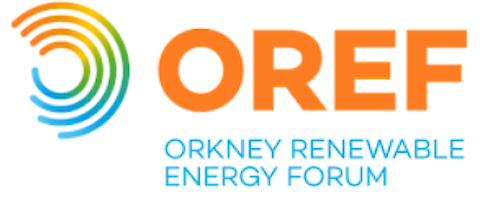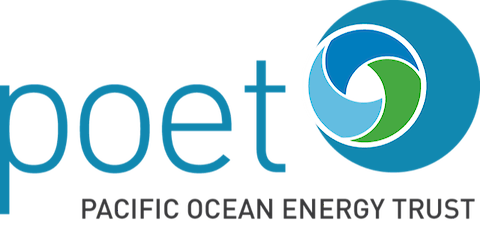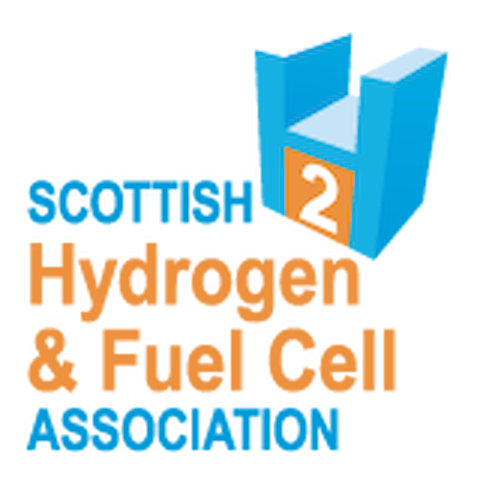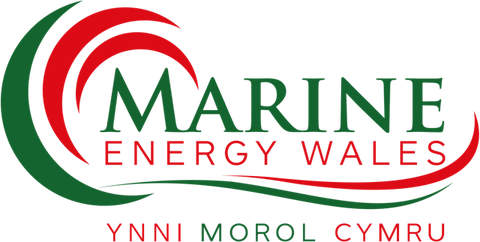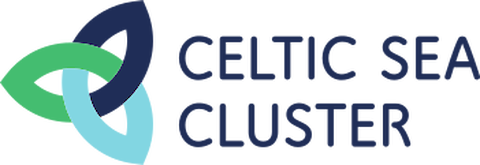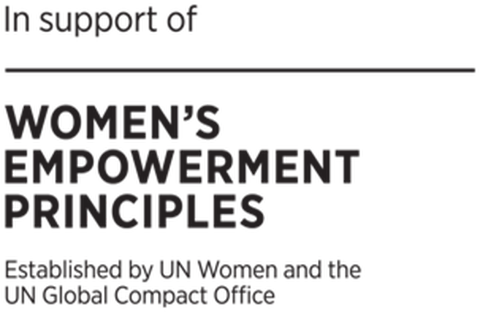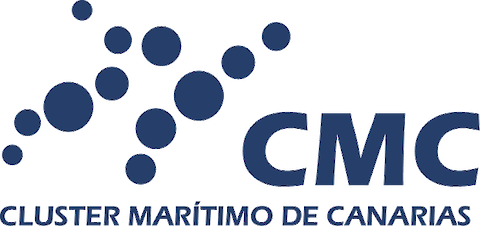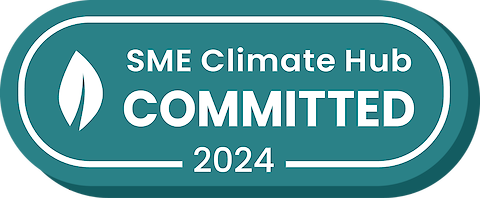SEA Wave to explore environmental impacts of wave energy
A European Maritime and Fisheries Fund (EMFF) project has been launched to address long-term environmental concerns around the development of emerging wave energy technologies.
The 36-month SEA Wave (Strategic Environmental Assessment of Wave energy technologies) project will provide a deeper understanding about the response of host environments to the presence of wave energy converters (WECs).
Led by the European Marine Energy Centre (EMEC), the diverse project consortium brings together technology device developers, academic experts, data managers and key stakeholders from across the UK, Portugal, Finland, Belgium, Sweden and Ireland.
SEA Wave will build on the bespoke environmental research campaigns undertaken in the Horizon 2020 Clean Energy from Ocean Waves (CEFOW) project on Wello Oy’s Penguin WEC, and incorporate future environmental monitoring campaigns on WECs demonstrated by CorPower Ocean, Laminaria and Ocean Energy over the coming three years.
Gaining an understanding of the potential positive and negative environmental effects associated with deploying and operating marine energy technologies is of key importance for this emerging industry.
A primary aim of SEA Wave is to undertake one of the first targeted multi-WEC ecological sampling campaigns adopting a rigorous experimental approach to address some of the remaining uncertainties that exist for WECs in offshore environments. The findings should provide the evidence-base required for regulatory bodies to adopt a risk-based consenting process and support developers secure future multi-device consents.
Monitoring campaigns, led by the Universities of Exeter and Plymouth, will involve the use of non-destructive towed underwater video systems (TUVS) and baited remote underwater video systems (BRUVS) to analyse habitat composition and species assemblages around the deployment locations. Marine acoustic sensors will be used to assess fish distribution and abundance near the devices and gain an understanding of fish attraction to infrastructure. Acoustic sensors will also be used to characterise the ambient soundscape at EMEC’s wave test site. Finally, the opportunity will be taken to mount monitoring equipment on the WECs providing wildlife observations to support the other monitoring techniques.
SEA Wave will build on existing EU funded initiatives to streamline future site developments and further de-risk the development of the marine renewables sector.
The data collected will be analysed and disseminated by Aquatera and HIDROMOD through established European networks of stakeholders and end users engaged in better understanding the potential impacts of wave energy developments and refining the burdensome consenting process.
Caitlin Long, Environment and Consents Specialist, EMEC said:
“As the wave energy industry advances through the research and development phase, SEA Wave will enable all-important monitoring of the potential effects wave energy converters may have on the host environment. The monitoring campaigns will be conducted using innovative equipment and sensors to ensure an ecosystem-wide understanding of the potential effects.
Crucially, the findings from this project will enhance regulators and stakeholders’ knowledge of the environmental effects from installation to decommissioning and provide the required confidence to adopt a risk-based consenting regime.”
ENDS
For further information, contact:
Erica Mathers, Marketing Officer, EMEC
Tel: +44 (0)1856 852202
Email: erica.mathers@emec.org.uk
Editors notes:
About the European Maritime and Fisheries Fund
The Executive Agency for Small and Medium-sized Enterprises (EASME) has been set-up by the European Commission to manage on its behalf several EU programmes in the fields of SME support and innovation, environment, climate action, energy and maritime affairs. EASME supports the European Commission in developing and implementing the Integrated Maritime Policy and the Common Fisheries Policy, providing funding for the fishing industry and coastal communities through the European Maritime and Fisheries Fund (EMFF). EMFF provides support for sustainable development within the fishing and aquaculture sectors and conservation of the marine environment.
www.ec.europa.eu/fisheries/cfp/emff_en
About SEA Wave consortium:
The SEA Wave project is built upon the unique opportunity to deliver a comprehensive environmental assessment programme, bringing together the experience of leading players of the ocean energy industry. Led by the European Marine Energy Centre (EMEC), the consortium consists of four of the world’s leading wave energy technology companies (Wello, CorPower Ocean, Laminaria and Ocean Energy), environmental impact modelling and academic experts (University of Plymouth and University of Exeter), a leading marine energy consultant (Aquatera), and a modelling and information management expert (HIDROMOD).




